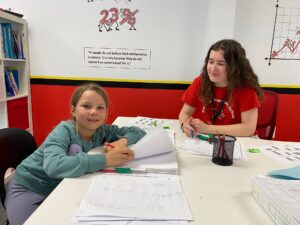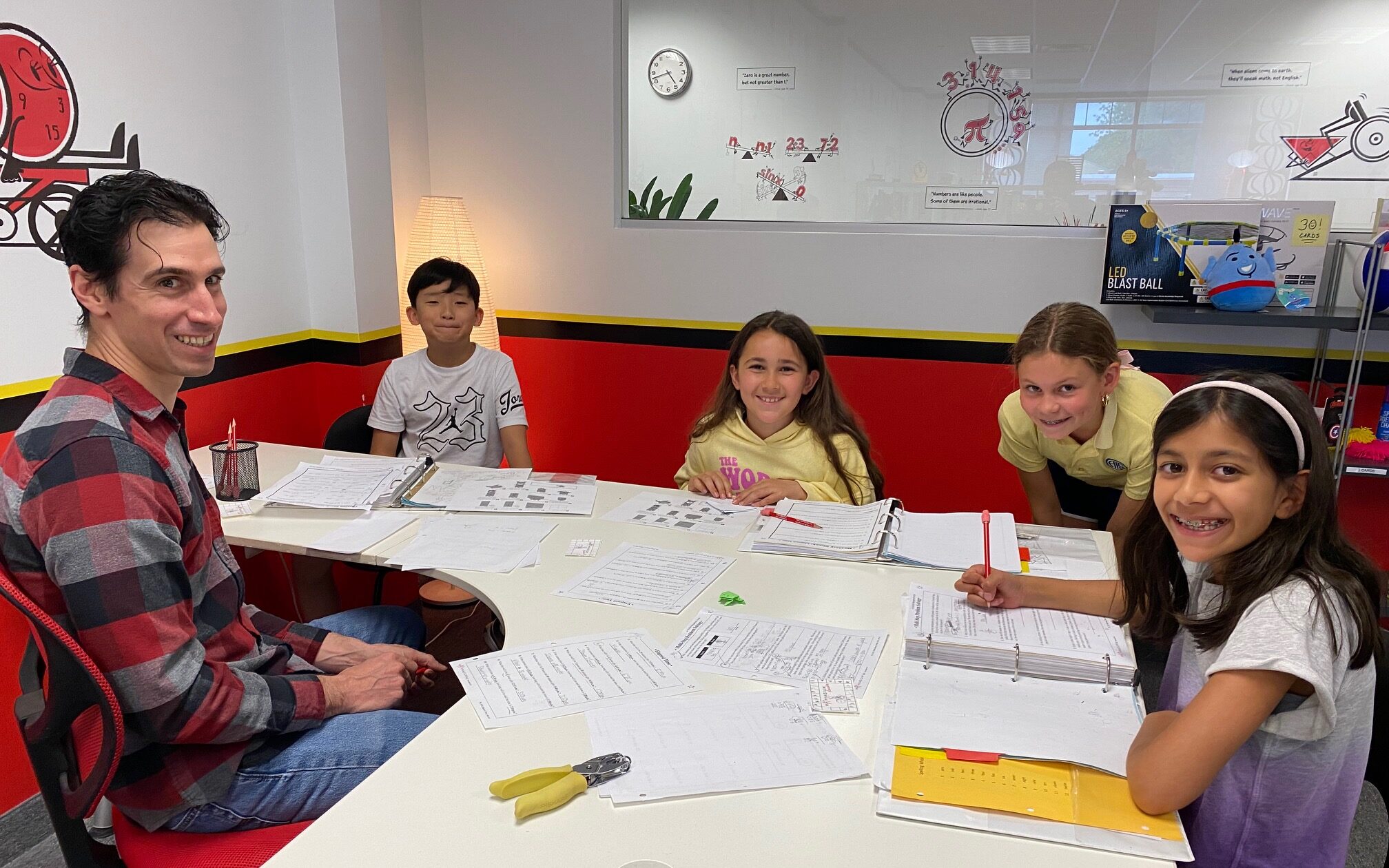While it may conjure images of water parks and fun in the sun, the Summer Slide refers to the well-documented phenomenon of summer learning loss: over the summer vacation, students “forget” a significant amount of material they learned in the previous year. Some key findings of various studies in the last decade:
- Standardized tests show consistent “loss” of learning at the end of summer in language arts and math
- Math regression more problematic: 2-3 months lost, on average
- Procedural learning most affected (e.g., computation, math algorithms)
- Effects are observed regardless of gender, ethnicity, and IQ

So, basically when school starts up in the fall, even though new topics are introduced, many students will find themselves trying to simultaneously recover/re-learn all of the things forgotten over the summer. That doesn’t sound like a very efficient way to educate students, does it? Well, until we decide that a 9-month school calendar based on 19th century agricultural America doesn’t make a lot of sense in the 21st century, it’s a reality our students (as well as teachers and parents) must face. The Summer Slide is a real concern.
Unfortunately, while math learning loss can be particularly pronounced in the summer, it is also often more challenging for parents to address. Let’s be real: How to keep kids calculating and problem solving over the summer is less obvious than keeping them reading.
The good news for parents is that they can do something about it – being proactive in combating the Summer Slide works! Here are some things you can do this summer to help your child retain all of that good number sense they’ve learned:
- Model a positive attitude toward math and problem solving – Children learn through imitation, so if you are excited about math at home, they will be, too!
- Read books, play board games and computer games that involve counting, strategizing.
- Talking sports statistics and shopping sales discounts with kids are great ways to highlight the everyday, practical use of percents, fractions, and decimals.
- Try some math practice phone apps – flash cards and other math puzzles are gamified in apps. Just enter “free math games” in the App Store or Google Play store.
- Enroll in summer math camps or programs – a great summer math program is one that not only teaches math skills and concepts, but does so in a way that will be fun for your child. A typical Mathnasium summer program requires just 2 or 3 hours a week, and will have your child asking when they can come back. Imagine how great your child will feel in the fall when their math skills are sharper than ever and they’re raising their hand with confidence to answer questions in class!
For more information about Mathnasium’s programs, contact the location in Rosemont or the location in Blue Bell.


